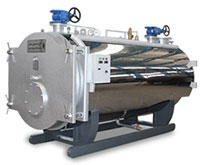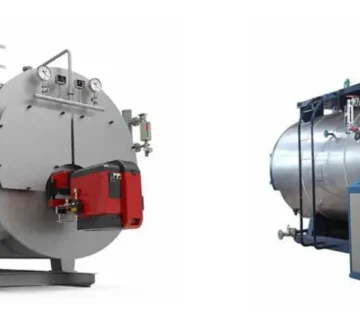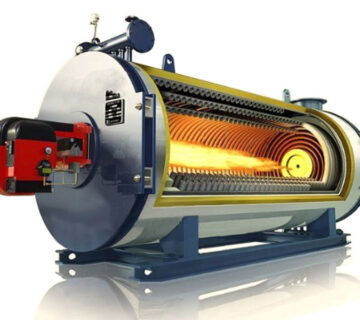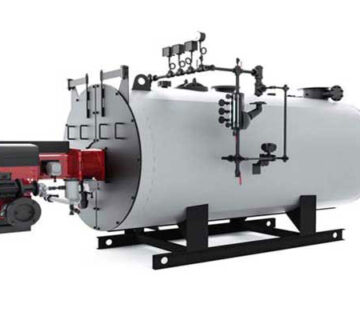A hot water boiler is a key piece of equipment in heating systems, providing hot water and steam for industrial and commercial applications. With various types and capacities, boilers are essential for improving energy efficiency and reducing operational costs. This article explores the price of hot water boilers and the key factors that influence it.
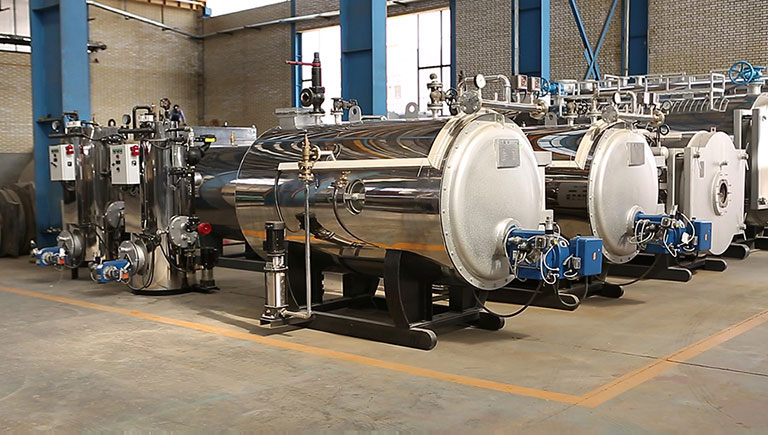
Table of Contents:
- Introduction to Hot Water Boilers
- Factors Affecting the Price of Hot Water Boilers
- Boiler Capacity
- Type of Fuel Used
- Quality of Materials
- Certifications and Standards
- Additional Equipment and Technologies
- Benefits of Using Hot Water Boilers
- How to Choose the Right Boiler
- FAQ About Hot Water Boiler Prices
- How can I reduce the price of a boiler?
- Are gas-fired boilers cheaper than diesel-fired boilers?
- What’s the difference between industrial and residential boilers?
- How to maintain a boiler properly?
- Which boiler type is ideal for industrial use?
- Conclusion

Introduction to Hot Water Boilers
Hot water boilers play a vital role in various industries and residential buildings, providing the necessary heat for water and steam generation. Choosing the right boiler depends on multiple factors, such as price, capacity, material quality, and fuel type.
Factors Affecting the Price of Hot Water Boilers
1. Boiler Capacity
The larger the capacity, the higher the price. Boiler capacity is measured in kilowatts or megawatts, and larger boilers are generally more expensive due to their ability to produce higher amounts of heat.
2. Type of Fuel Used
Fuel type significantly impacts the cost. Boilers can be powered by natural gas, diesel, or heavy oil. Gas boilers tend to be more efficient and cheaper to operate in the long term, while diesel and heavy oil boilers may have higher initial costs.
3. Quality of Materials
Boilers made from high-quality, heat-resistant materials like stainless steel or cast iron typically cost more but offer durability and longer life spans.
4. Certifications and Standards
Boilers that comply with international safety standards like ASME, CE, or ISO tend to have higher prices, but they guarantee safety, quality, and efficiency.
5. Additional Equipment and Technologies
Some boilers come equipped with advanced features, such as smart controllers, temperature sensors, and pressure monitors, all of which increase the price but can improve operational efficiency.

FAQ About Hot Water Boiler Prices
1. How can I reduce the price of a boiler?
Opt for boilers with lower capacities or choose local suppliers to save on shipping and customs fees. You can also choose simpler models without advanced features.
2. Are gas-fired boilers cheaper than diesel-fired boilers?
While gas boilers have a higher initial cost, they are usually more affordable in the long run due to lower fuel costs and higher efficiency.
3. What’s the difference between industrial and residential boilers?
Industrial boilers have much higher capacities and are used for heating larger spaces or producing steam for industrial processes, while residential boilers are smaller and cheaper.
4. How to maintain a boiler properly?
Regular maintenance involves pressure checks, cleaning, and ensuring insulation is intact. Proper maintenance increases the lifespan and efficiency of a boiler.
5. Which boiler type is ideal for industrial use?
For industrial applications, gas-fired boilers are often the best option due to their efficiency and low operating costs. However, the choice also depends on the availability of fuel in the region.
Conclusion
The price of a hot water boiler is influenced by many factors such as capacity, fuel type, material quality, and additional features. To choose the best boiler, it’s essential to evaluate your heating needs and consider long-term operational costs. Boilers that comply with safety standards may have higher upfront costs, but they offer greater durability and safety.
Keywords: hot water boiler price, industrial boiler, gas-fired boiler, diesel boiler, boiler maintenance

